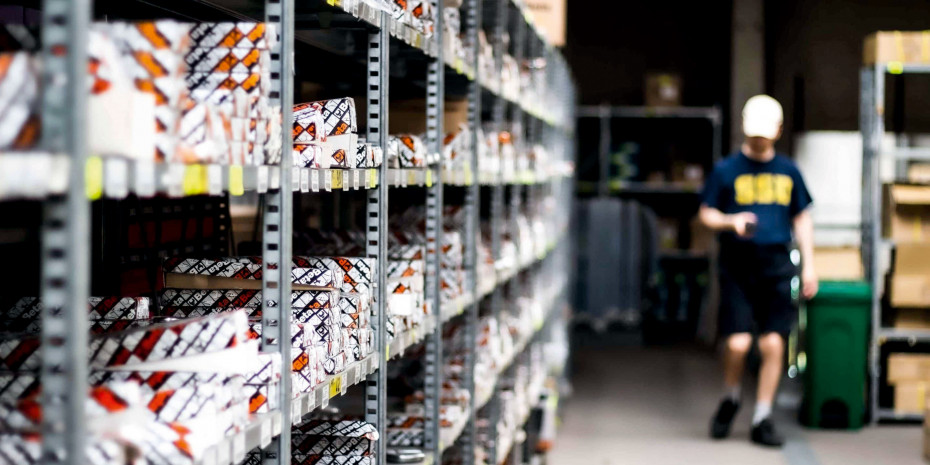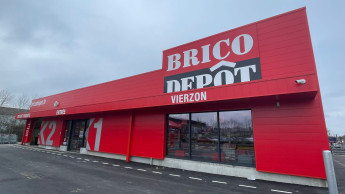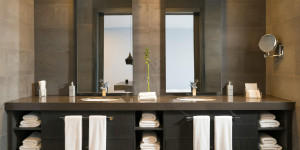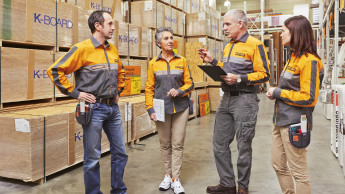From a public health point of view, Italy is among the countries that paid the highest price for the effects of Covid during the first phase, when the very first outbreaks in Northern Italy (in Lombardy and Veneto) caught the hospital management system unprepared, with the consequent flooding of intensive care and the death of thousands of people.
The subsequent lockdown fortunately put a brake on this spiral, and the conscientious and responsible behaviour on the part of citizens transformed Italy into one of the most virtuous countries, at least until the summer period, with much more encouraging figures than most European countries, which instead found themselves immediately facing a second wave of contagion.
While I am writing this article, in mid-October, however, there is a new increase in contagions (the result of the numerous summer trips, also to and from abroad, and the reopening of schools in September) which could lead to new restrictions and partial closures.
Hardware shops opened during lockdown
Before analysing the sector, a fundamental premise must be made: our sector, unlike many others, was able to work (albeit with the known problems) during the lockdown, thus managing to contain the damage and present itself with stronger shoulders in this second part of the year.
In the now historic government decree of 11 March, in fact, Premier Giuseppe Conte had announced the closure of the shops, except for a few categories: among the open activities were included, among others, hardware stores.
These shops therefore remained open to guarantee customer service for the supply of necessary goods: heating, hardware, lighting, plumbing and many others.
These commercial activities were necessary for craftsmen called for emergency interventions and for private individuals who, taking advantage of the local store, could avoid having to travel more to larger commercial areas, thus containing the risk of contagion.

 Menü
Menü















 Newsletter
Newsletter